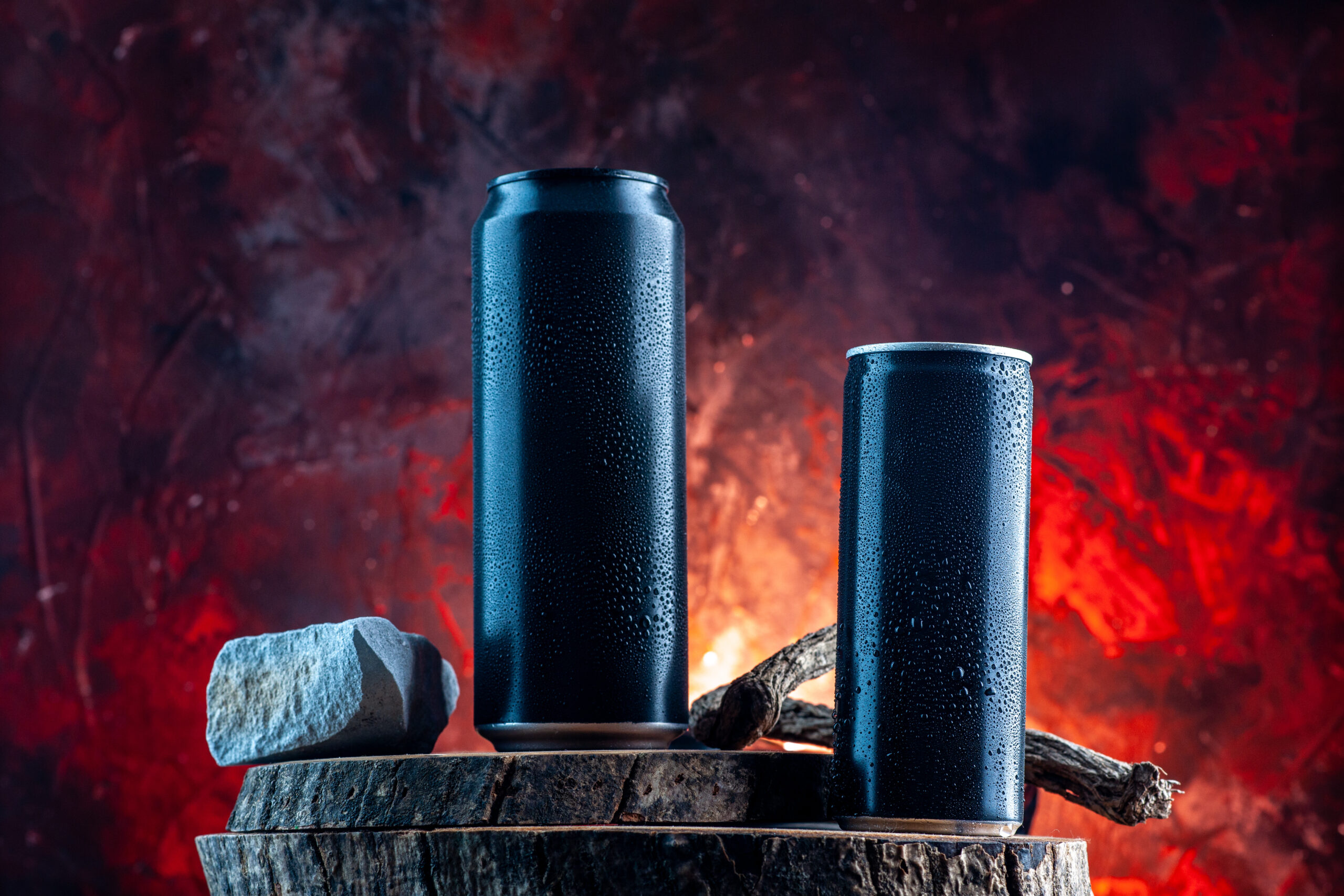The consumption of energy drinks has dramatically increased in the past decade, particularly among young people
Energy drinks provide a quick “energy boost,” but can make your heart sprint without a proper warm-up, experts have said.
[ad]
Many drink these beverages without fully considering their impact on health, despite marketing them as a solution for fatigue or a way to enhance performance.
This has led to a growing concern among health professionals and researchers.
READ ALSO: Limit alcohol, energy drink intake to protect your heart— Cardiologist
Originally marketed toward athletes, energy drink manufacturers have now shifted their focus to younger demographics. This shift has raised significant concerns about the safety of these products. Numerous studies have reported adverse health effects associated with the consumption of energy drinks. Despite these findings, manufacturers continue to claim that these products are suitable and safe for consumers when used as directed.
[ad]
What’s inside an energy drink?

The primary ingredient in most energy drinks is caffeine, a powerful stimulant that affects the central nervous system. However, energy drinks contain more than just an overload of caffeine.
Other common ingredients include “power potions” like taurine, amino acids, sugar, artificial sweeteners, and herbal extracts like ginseng and guarana.
Taurine is an amino acid that supports neurological development and helps regulate water and mineral levels in the blood. It is naturally found in meat, fish, and breast milk, but it’s also added to energy drinks in high concentrations.
[ad]
Many energy drinks contain high amounts of sugar, sometimes more than what’s recommended for an entire day. This not only contributes to the drink’s calorie content but also increases the risk of weight gain and tooth decay. Some energy drinks use artificial sweeteners like aspartame, which have their own set of health concerns.
In addition to taurine, sugar, and artificial sweeteners, ingredients like ginseng and guarana are often added for their supposed energy-boosting properties.
Guarana, for instance, contains caffeine and is sometimes used to enhance the stimulant effect of the drink.
[ad]
‘Recipe for disaster’

While each of these ingredients may offer some health benefits when consumed in moderation or as part of a balanced diet, the combination of these ingredients in high doses, as found in energy drinks, can lead to serious health risks.
READ ALSO: Fresh alert on health dangers of energy drinks, alcohol beverages mix
A registered dietitian, Amber Sommer explained: “On their own, these ingredients may offer some health benefits—like supporting brain and heart health, improved energy and focus and antioxidant and anti-inflammatory benefits.
“But when you combine them with additional caffeine and added sugar in an energy drink, it can be a recipe for disaster.”
[ad]
Energy drinks may seem like a quick fix for exhaustion, but they come with significant health risks that outweigh the temporary benefits.
The adverse health effects associated with energy drinks remain controversial amongst scientists.
The high caffeine content in these drinks can lead to a range of side effects, including cardiovascular issues, mental health concerns like anxiety and depression, hallucinations, headaches, mood swings, digestive problems, diarrhoea, nausea, stroke, tooth decay, sleep disturbances, and weight gain.
[ad]
Given these risks, it’s important to consider healthier alternatives that can provide a natural energy boost without the negative side effects.
Some options include coffee, black tea, green tea, coconut water, kombucha, and sports drinks.
In addition to these alternatives, maintaining a healthy lifestyle is key to staying energised.
Drinking enough water, getting adequate sleep, eating well-balanced meals, and staying active are proven methods to naturally maintain high energy levels without the risks associated with energy drinks.
[ad]
By understanding what’s inside these drinks and considering healthier alternatives, you can make more informed choices that benefit your overall health and well-being.
[ad]








